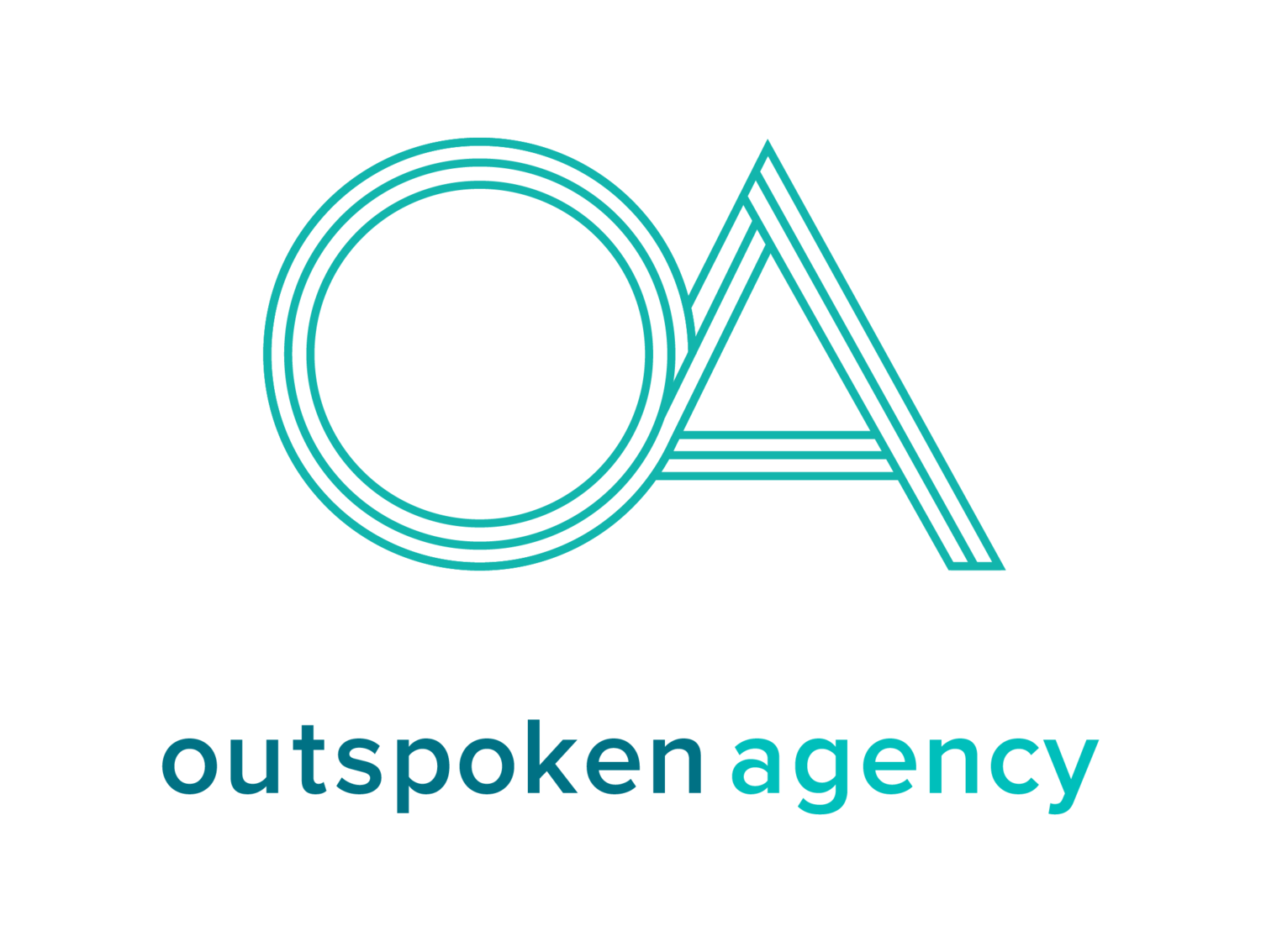Candid Conversations: Clint Smith
/As National Poetry Month comes to an end, National Poetry Slam Champion Clint Smith discusses his speaking opportunities, including the historical contexts infused into his poetry, thought-provoking audience Q&A, and the most fulfilling audience experiences.
OA: What are you Outspoken about?
CS: I want people to understand the way that history has shaped our current sociopolitical landscape, specifically with regard to racial inequality. When you understand the trajectory of American history, everything around us makes sense. The reason certain communities look one way and other communities look another way is because of decisions people enacted through public policy, and often through political or literal violence. If we fail to understand that, we fail to adequately understand our current social realities.
OA: How has your recent work [with poetry and/or your PHD studies] transformed the focus of your content when delivering a speech?
CS: My presentations move between social commentary grounded, historical narratives, and poetry. The poems often serve as the anchors throughout the speech that hold the narrative together. I don’t believe in a traditional keynote. I try to make the presentation dynamic by including art, education, research, and history lessons.
OA: How do speaking events help your growth?
CS: Every talk provides an opportunity to engage with a new audience about ideas that shape all of our lives. The poems serve as catalyst for a larger discourse that I get to have with the audience during the Q&A and from that conversation, new ideas always emerge. It’s great because, as a researcher and writer, I’m always getting the chance to hear new ideas about my work.
OA: What would you like to see happen more often at events to engage with the audience?
CS: I don’t at all mind people sharing viewpoints than are divergent from my own (as long as they are respectful) and I hope that people always feel free to ask the hard questions. It makes the event more illuminating and thought-provoking for all of us.
OA: What has been one of the most fulfilling audience experiences at speaking events and why?
CS: I love speaking to educators. I taught high school English before beginning graduate school and I know how important though often underappreciated K-12 education is. I have such profound respect for teachers and if I can help provide them with a toolkit to think more critically about the work, that’s an incredible privilege.
OA: How can people become more involved with your work?
CS: You can take a look at my website: www.clintsmithiii.com and/or follow me on Twitter @ClintSmithIII where I’m always sharing and wrestling with ideas.
OA: If you could hear someone give a speech alive or dead, who would it be and why?
CS: I’ve watched so many videos of James Baldwin speaking, it would have been incredible to hear him in person. His ideas and writing have been transformative for me, so that would be a real treat.




